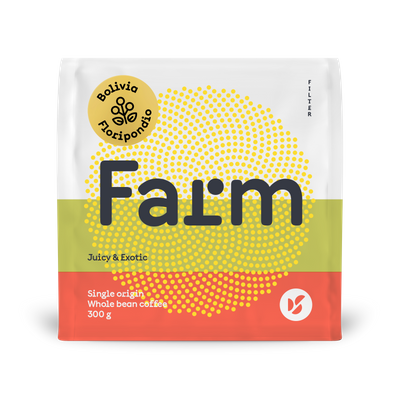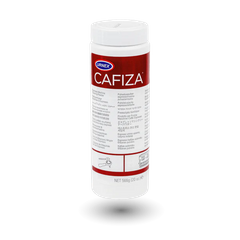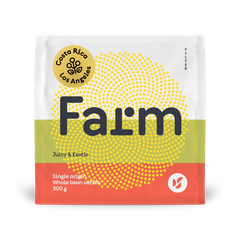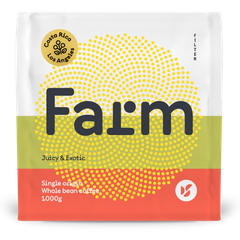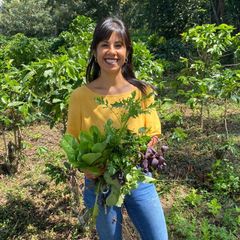
| Country | Bolivia |
|---|---|
| Farm | Floripondio, Samaipata |
| Varietal | Arabica java |
| Processing | Natural |
| Crop | September 2024 |
| Partnership | since 2018 |
| Coffee type | Wholebean |
| Flavour | Juicy & Exotic |

Farm Coffee Family
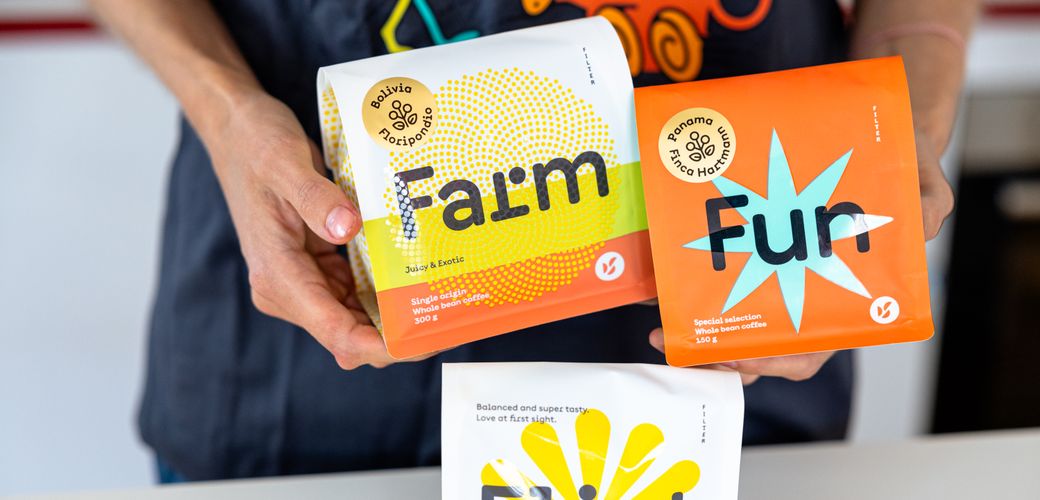
Floripondio
We have been buying coffee from this farm of family Rodriguez for more than 6 years now. In the beginning, we were easily won by the taste of SL 28 and 34 varieties, which thrive here the most. Last fasll we selected 4 different microlots from Floripondio, including this java variety processed by natural method.
Floripondio is possibly the most visually stunning coffee farm we have ever visited. The coffee trees are meticulously planted in perfectly organised rows. The farm has a special experimental plot with many exotic varities. And there is the omnipresent viewpoint designed by Don Pedro, the owner of the farm and the head of Rodriguez family.
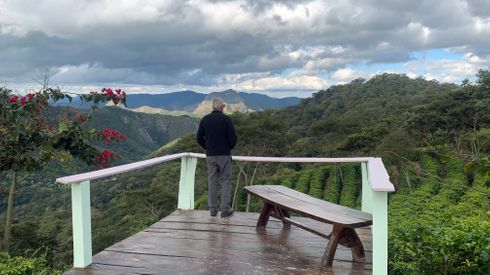
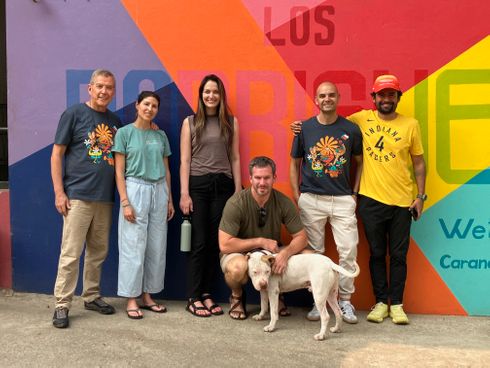
How does this coffee taste?
Juicy & Exotic
Yara, who selected this coffee last fall in Bolivia, found the cup to be creamy and sweet, with notes of strawberries, tropical fruits and spices.
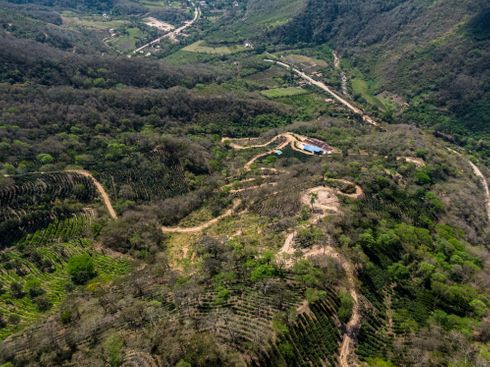
The Family Rodriguez Story
This farm belongs to the Rodriguez family business, called Agricafe. Their aim is to bring specialty coffee farming back to the country, since the production of coffee in general has been constantly declining. They support a lot of farms and with coffee growing they offer an alternative to coca farming. Don Pedro (pictured with his daughter Daniela) has been the coffee pioneer in Bolivia for the last 40 years. He is also an extremely friendly and likeable person with a fondness for good wine (Samaipata can be called the Tuscany of Bolivia) and obviously coffee. He never forgets to bring his special suitcase equipped with countless brewing methods on his trips.
The Floripondio farm (named after the local hallucinogenic plant Brugmansia - Angel´s Trumpet) was purchased in 2014. In total, the family owns 12 farms, 4 in Samaipata, 8 in Caranavi region.
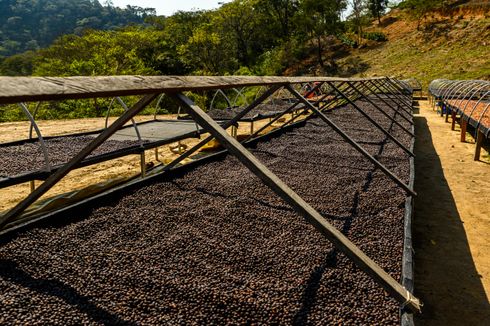
Processing
This microlot of java variety was processed using classic dry method, in which cherries were picked at their maximum ripeness and dried on African beds in the sun. The taste is thus exceptionally clean with an emphasis on the flavor profile of the variety, without unwanted processing notes.
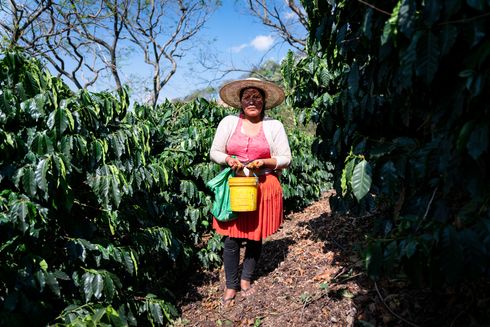
Java Variety
As indicated by the name, the variety was introduced to the island of Java directly from Ethiopia by the Dutch in the early 19th century. It was originally thought to be a Typica selection. It was introduced to Costa Rica in 1991 by the Centre de Coopération Internationale en Recherche Agronomique pour le Développement (CIRAD). The first Central American country to officially recognize Java was Panama in 2016. It represents an interesting alternative to the Geisha, since it has high cup quality and good tolerance for coffee leaf rust and CBD.

